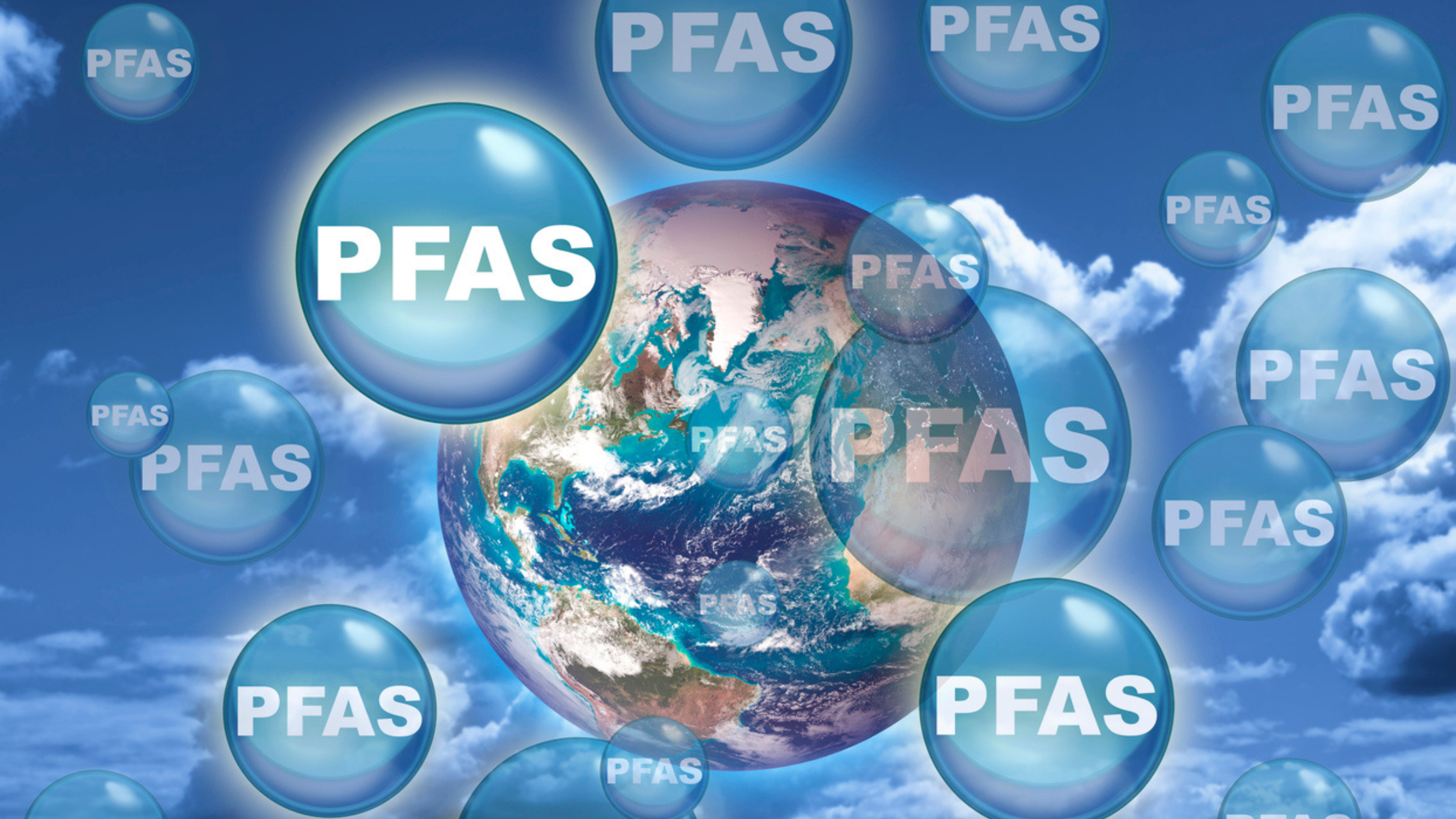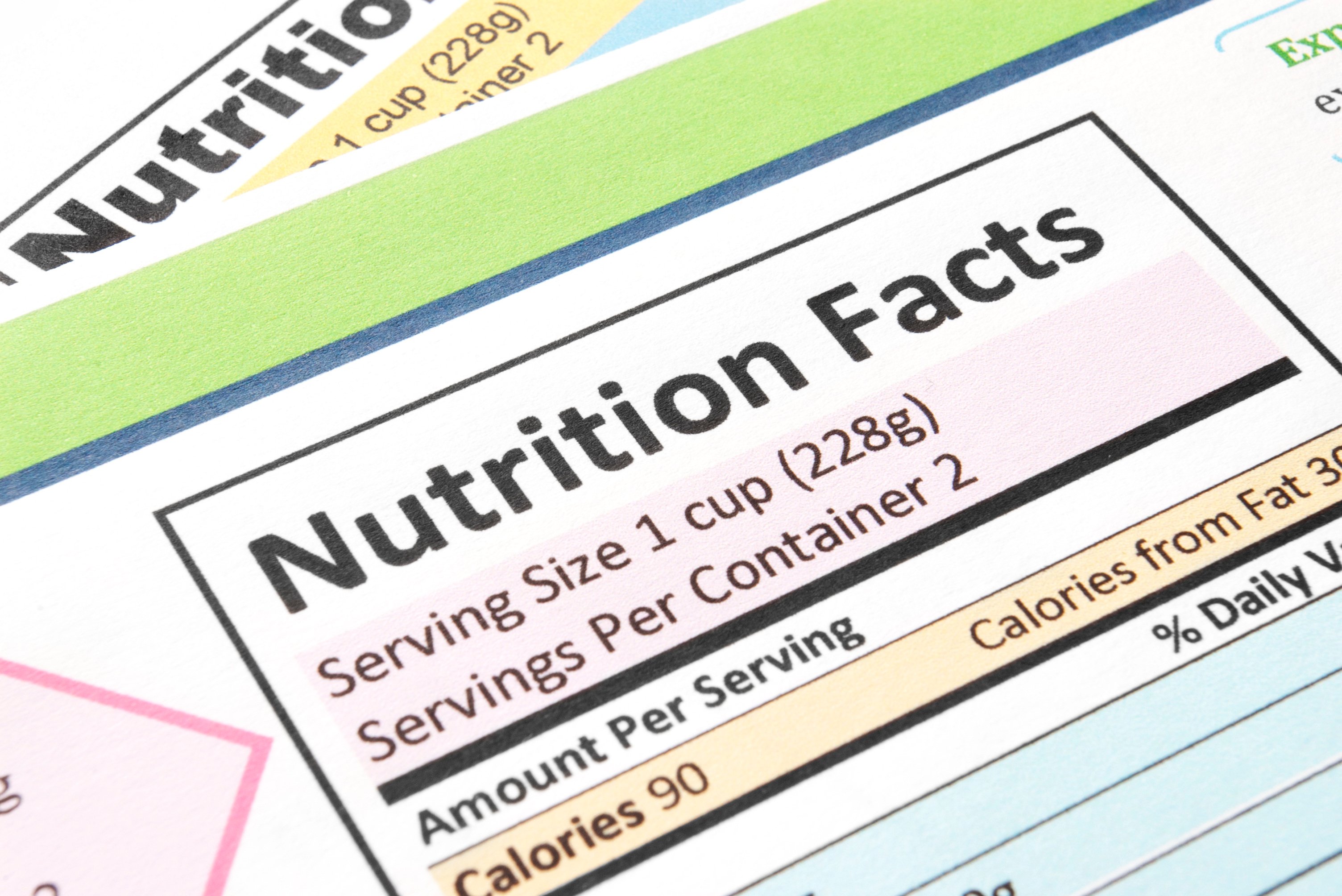Nutrasource Blog
GLP-1 Receptor Agonists: Reshaping Dietary Supplement Innovation
Posted by Dr. Stephanie-Anne Girard on Wed, Aug 13, 2025
Tags: Clinical Trials
Understanding Food Coloring in the U.S. Supply in Brief: What Ingredient Professionals Should Know
Posted by Kayla Preece, ND, DABT on Mon, Jul 21, 2025
The Growing Importance of Food Coloring in Product Development
Whether you're involved in product development, quality assurance, or ingredient sourcing, chances are you’ve encountered the topic of food coloring more than once. In the U.S., food color additives play a central role in how consumers perceive and experience products, particularly in categories like snacks, beverages, baked goods, and confectionery. However, the FDA announced in April 2025 it was planning on phasing out petroleum-based synthetic food dyes (FDA, 2025c). With growing scrutiny from regulators, in addition to advocacy groups and consumers, it's important for food ingredient professionals to understand what’s in their color palette.
Why New E-Commerce Compliance Requirements Matter for Sellers of Ophthalmic Products, Dietary Supplements, and Skin Lightening Products
Posted by Meg Saporita on Fri, May 30, 2025
Forever Chemicals in Everyday Life: Understanding PFAS and How to Limit Your Exposure
Posted by Laurie C. Dolan, PhD, DABT, FACN on Thu, May 22, 2025
What are PFAS and how am I exposed to them?
Per- and polyfluoroalkyl substances (PFAS) are a group of synthetic chemicals that have been used in various products since the 1940s. The definition of PFAS varies according to different regulatory agencies, but in general PFAS contain chains of carbon molecules with varying numbers of fluorine molecules attached to the carbons. They are known as “forever chemicals” because of their resistance to breaking down and have been shown to be hazardous to humans and other species.
(Almost) All Roads Lead to AAFCO: A Regulatory Update for Feed Ingredient Manufacturers
Posted by Kaiti Valm, M on Wed, Feb 12, 2025
The Association of American Feed Control Officials (AAFCO) maintains a list of feed ingredient names and the definitions in the AAFCO Official Publication. This list is central to harmonizing inter-state trade for animal feed and is referenced by international organizations. In late 2024, it was announced that the AAFCO “ingredient definition” process was going to change when the memorandum of understanding between AAFCO and the FDA came to an end. The FDA quickly put forward a draft guidance that has since been finalized for Animal Food Ingredient Consultation (AFIC) process as an alternative pathway, complementing the Food Additive Petition (FAP) and Generally Recognized as Safe (GRAS) notifications that exist currently. Similarly, AAFCO released a draft proposal from Kansas State University (KSU) for a new AAFCO ingredient definition process that does not involve the FDA.
Tags: Regulatory, ingredients, Animal Health
Dietary Supplements in the U.S.: Labeling Requirements and Structure-Function Claims
Posted by Nutrasource on Tue, Jan 14, 2025
Whether you’re a startup brand introducing your first product or an established brand with many SKUs, the regulatory requirements are the same: companies are responsible for ensuring that their dietary supplements comply with U.S. laws governing safety, quality, and labeling.
The dietary supplement market in the U.S. includes a diverse range of products, including vitamins, minerals, herbal preparations, probiotics, and specialty nutrients. These products fall under the jurisdiction of the Food and Drug Administration (FDA) and are regulated differently than conventional foods or drugs. Unlike some countries, such as Canada or members of the European Union, where pre-market approvals are required, the U.S. system relies primarily on post-market oversight.
Tags: Regulatory, Concept to Claim, Dietary Supplements/Natural Health Products
When it comes to food and supplement labeling, there are significant differences between the US and Canada – even spelling the word “labelling (labeling)” is different. Both markets have their own set of regulations which detail the mandatory content required on a product label. The regulations also give guidance on voluntary content such as claims. It’s important to know which governing bodies have oversight, which regulations apply and how to properly classify your product to make sure you use the right set of regulations from the beginning.
Tags: Regulatory, Concept to Claim, Dietary Supplements/Natural Health Products
Fulfilling GRAS Requirements: Tips for a Successful Manuscript Publication
Posted by Nutrasource on Tue, Oct 22, 2024
Thinking about getting your toxicological results published? Go no further until you read this article.
Tags: Claims, Regulatory, Concept to Claim, market access
Thinking about placing a toxicological test on your novel ingredient? Go no further until you read this article.
Tags: Claims, Regulatory, Concept to Claim, market access
The AAFCO Ingredient Definitions Process is Being Replaced: What this Means for Pet Food / Feed Ingredient Manufacturers
Posted by Kaiti Valm on Thu, Aug 22, 2024
On August 2, 2024, just a few days before their Annual Meeting, AAFCO announced that the long-standing Memorandum of Understand (MOU) between AAFCO and the FDA1 would not be renewed at the end of its term. Effective October 1, 2024, ingredients destined for use in animal feed (including pet food) in the US have two regulatory pathways – Generally Recognized as Safe (GRAS) and Food Additive Petition (FAP). The AAFCO Ingredient Definition will no longer be an option for new ingredients; however, a new “Animal Food Ingredient Consultation” (AFIC) pathway has been proposed by FDA and is currently open for public comment.2











